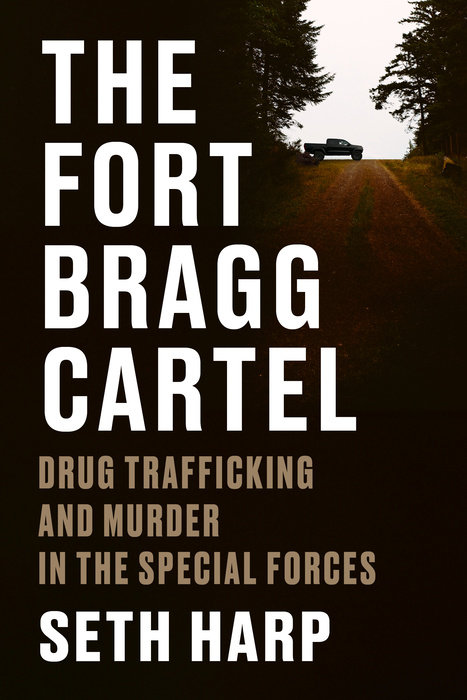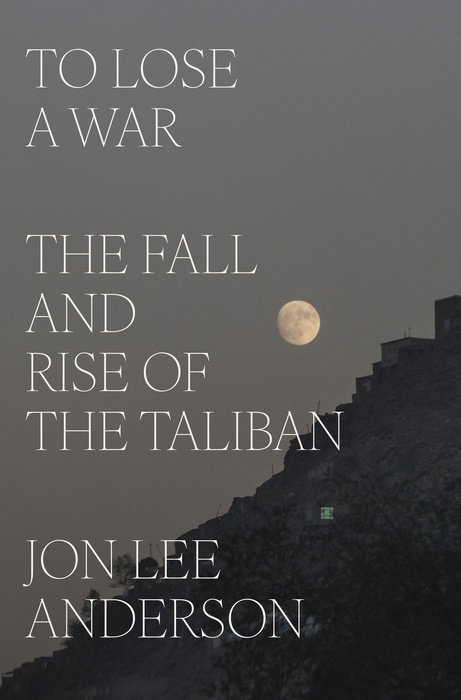Laid out like this, the cinematics might undermine the point Harp is making, which is that the United States military increasingly resembles and behaves like a successful criminal enterprise. Harp’s definition of Delta is “a high-tech death squad dedicated to covertly liquidating the male population base of recalcitrant ethnic and tribal groups that resist U.S. military occupation.” An operator’s wife Harp interviews is more succinct: “Running guns. Selling drugs. Fucking Afghan women. Where do you want me to start?” The characters in his book are middle-class American men, often fathers and usually white, massacring families while high on drugs they bought with money they stole while defending a regime of pedophile warlords, who were themselves extorting a country in which about one-third of people knew how to read. (American soldiers, many of them in JSOC, ripped off literal tons of money from the military: Harp writes that “whole pallets of shrink-wrapped cash simply disappeared—billions of dollars’ worth.”)
That these were the real achievements of the war was obvious to ordinary Americans in the military. One soldier interviewed at a combat outpost in 2013 described his relationship to his colleagues in the Afghan army and police like this: “Try doing that day in and day out: working with child molesters, working with people who are robbing people and murdering them. It wears on you.” The corruption and ghoulishness of the national police and military were so dire that it became a tactical liability. It’s been alleged that the Taliban recruited young boys as “honey pots,” or sleeper cells in insider attacks: the only survivor of one such attack told reporters that, late at night, his commander’s child sex slave “went on a shooting spree, killing seven policemen including the commander as they slept.” Another time, a child was killed when rival police departments went to war over him.
American operators acted the same way back home. When it came out that the FBI was investigating Lavigne’s unit after his murder, a special forces soldier explained to a reporter working on a story about drug use, alleged trafficking, and rape of underage girls, that it was all happening because the shooters were bored. “Dudes are fucking around with young kids and the craziest drugs.”
The most affecting parts of The Fort Bragg Cartel are the vignettes Harp collects showing the devastation soldiers inflict on their families: an operator named Keith Lewis beat his wife, then pointed a gun at the cops who showed up when she called. No charges were filed, and soon thereafter he was promoted. A couple of years later, Lewis murdered his wife, who was pregnant, with a gun in one hand and their daughter in the other. Another operator stomped to death his tiny dog, named Greta Bean, then shot his wife in the head before killing himself. This didn’t start recently. In July 2002, the Times was reporting a “growing problem” at Bragg: soldiers murdering their wives. The report notes that of the four women killed in the six weeks before the article was published, three of the victims were married to men in the special forces. One, another who killed his wife and then shot himself, was a member of Delta.

